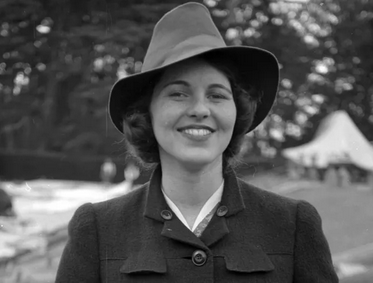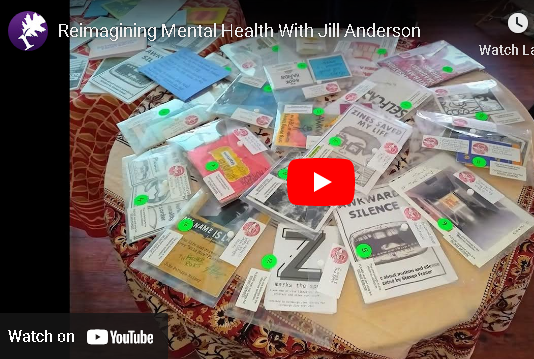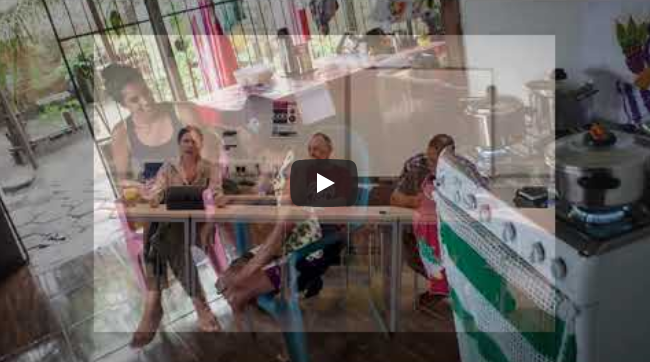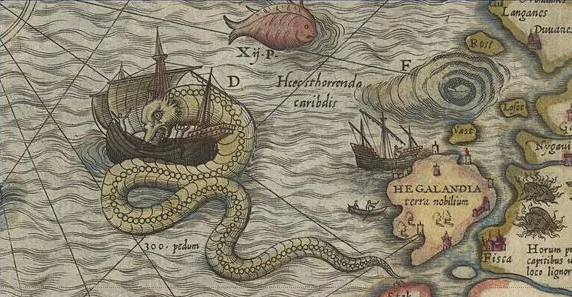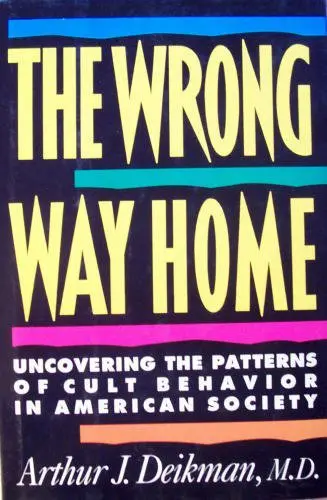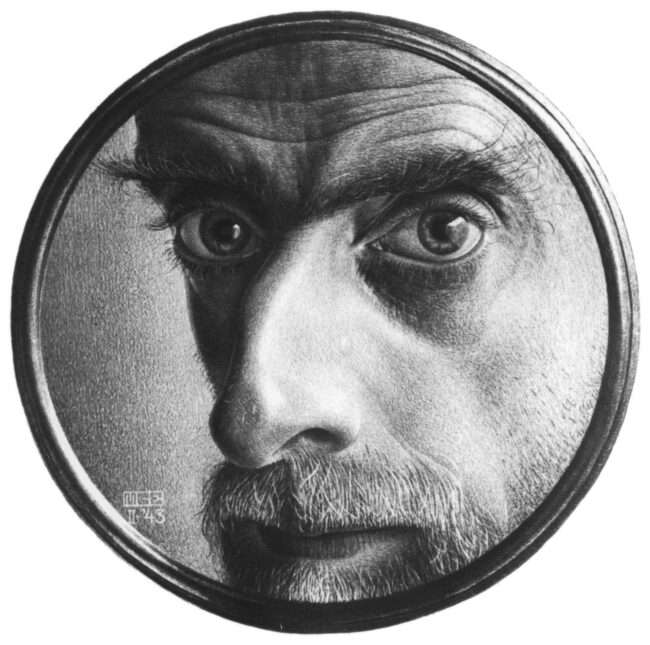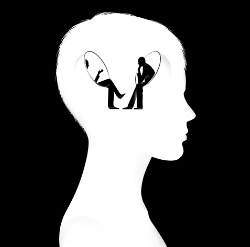Human Rights and the Psychiatric Setting
This is an article exploring human rights in relation to the mental health industrial complex which has risen to articulate the way which people are treated in response to their need for support. In this piece of writing I examine human rights discourses in the context of present day Britain and deconstruct some of the ideological narratives we find intersecting in mental health ultimately asking questions about harms and interrelationships.

